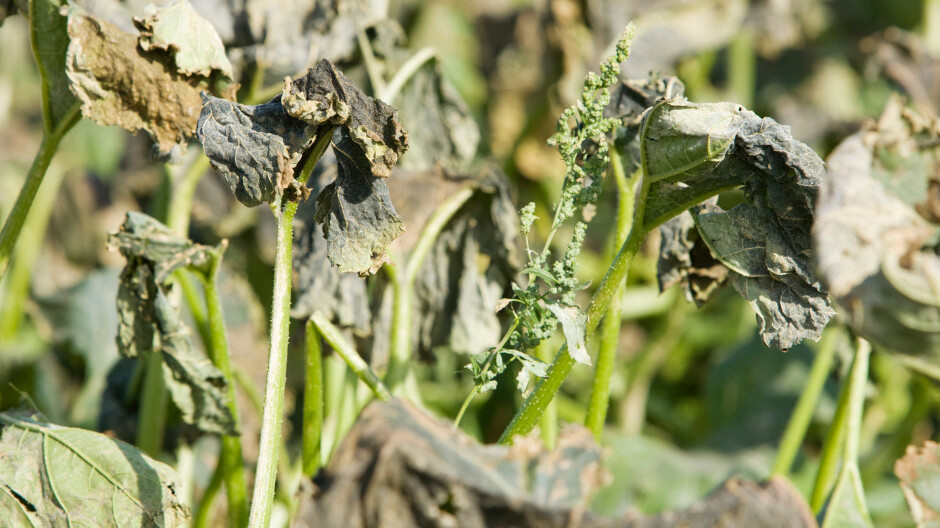pH is different from alkalinity although the two terms are used interchangeably. Alkalinity measures the hardness or concentration of calcium carbonate, whereas pH measures the hydrogen ion concentration and ranges from basic to acid. Some detergents may have a high alkalinity as well as a high pH, but they can have a high pH without having a high alkalinity. Confusing right? Let’s break it down into less technical terms.
Like people, plants have different likes and dislikes. For instance, some plants enjoy soils that are “sweet” or alkaline, whereas these conditions are not favoured by other plants, and may lead to poor plant performance, and even death. It is with this in mind that we need to carefully consider the impacts of greywater on our soils, and, in turn, our favourite garden plants. But how do we go about this? Well, first and foremost, we need to test the pH of the water we are using, and the pH of the existing soil. This is a relatively simple process that can be performed in a matter of seconds with the use of pH test strips or a pH test kit. What this will determine is the acidity or alkalinity of the water being applied to the garden, as well as the pH of the soil in situ. This will give us some idea of how our soil may behave after repeated applications of greywater, in turn letting us know which types of plants are suitable, and which are not.
pH is measured in fourteen units with 7 = neutral. All reactions below 7 = acid and above 7 = alkaline. It works on a relationship where 5 is ten times more acid than 6. There is a narrow band in the soil pH range that is called the “magic corridor” in which the maximum plant food resources lie. For most garden plants the magic corridor exists between 6 and 7.5 on the pH scale. Within that range all the major, minor and trace elements are fully available to the plants. Outside of this range, many nutrients are unavailable to plants. This is like half the aisles of a supermarket being closed off, meaning that we can’t access the full range of food that we normally would. As a result the source of our nutrition has been reduced and consequently our health will be affected.
Related Articles:
Thriving in the Heat: Managing Plant Heat Stress
As the mercury rises, your garden confronts the challenge of heat stress. Understanding how various plants respond to heat and employing appropriate…
Water Smart Gardening 101 Video
Sustainable Gardening 101 Video Series PART 4: Water Smart Gardening As the climate changes we need to take extra care to design water smart gardens.…




